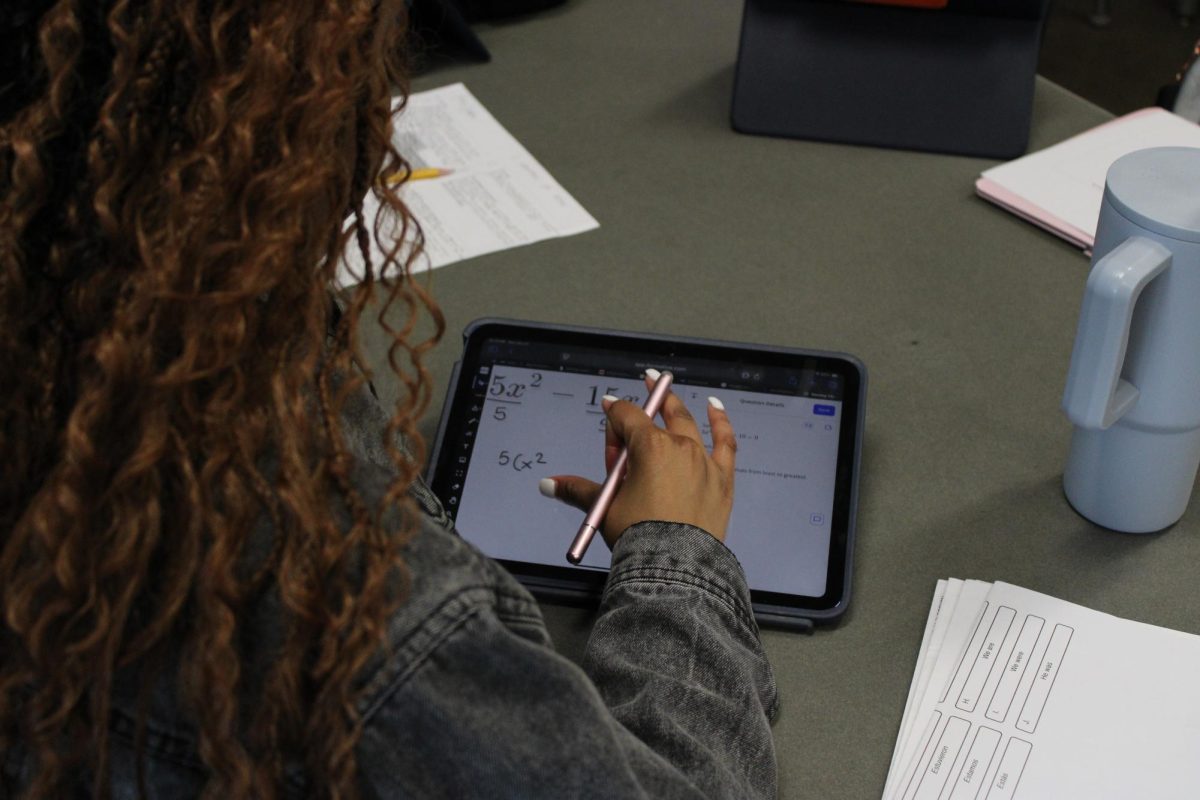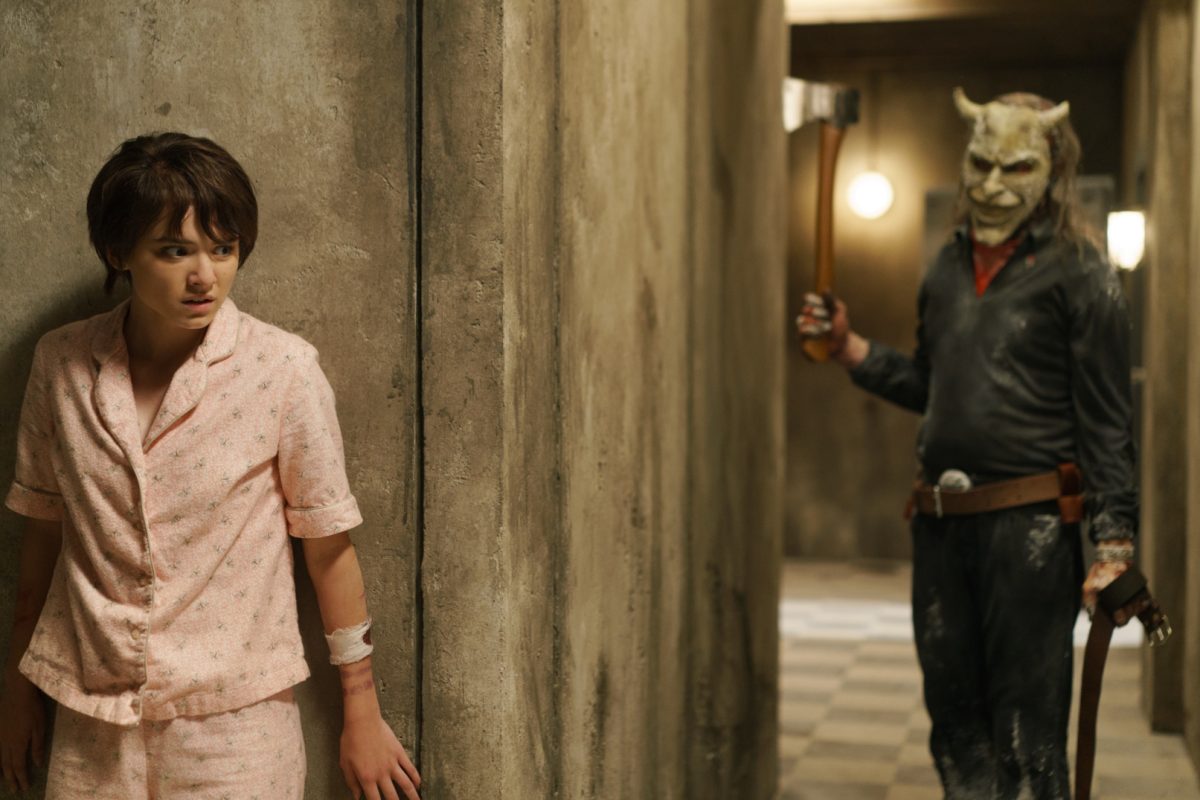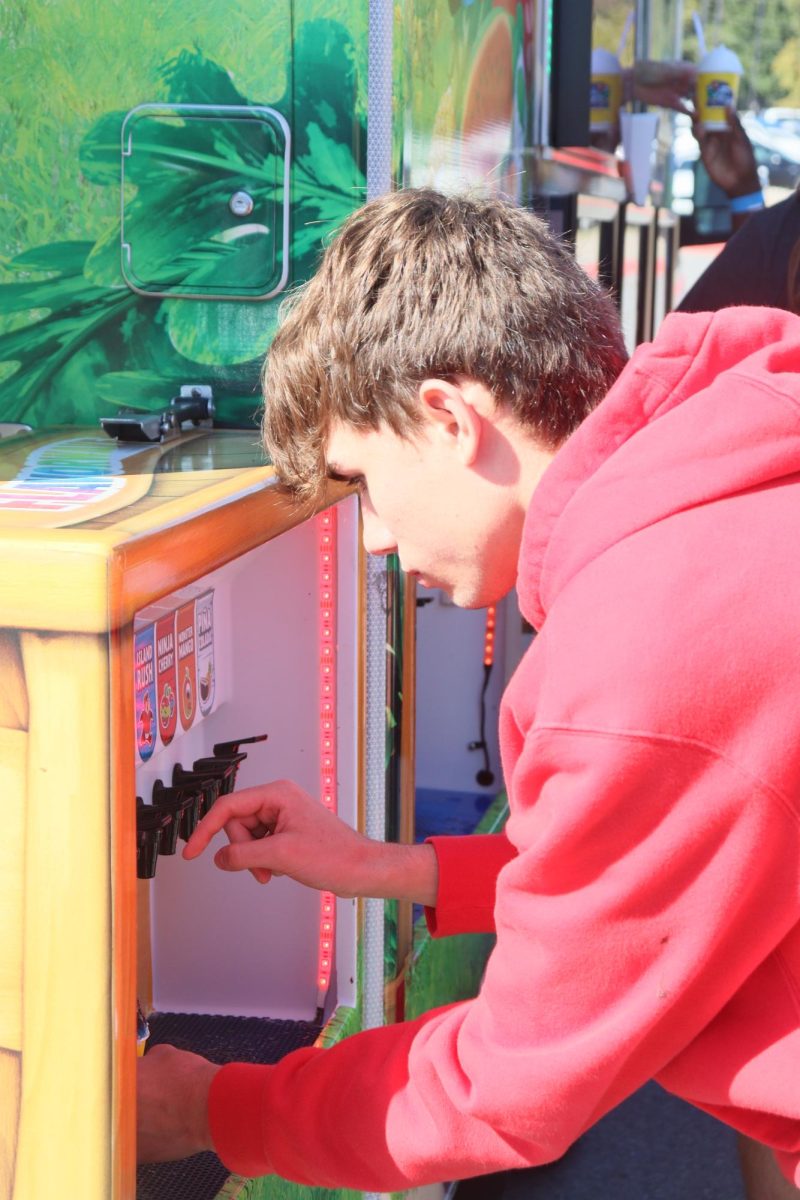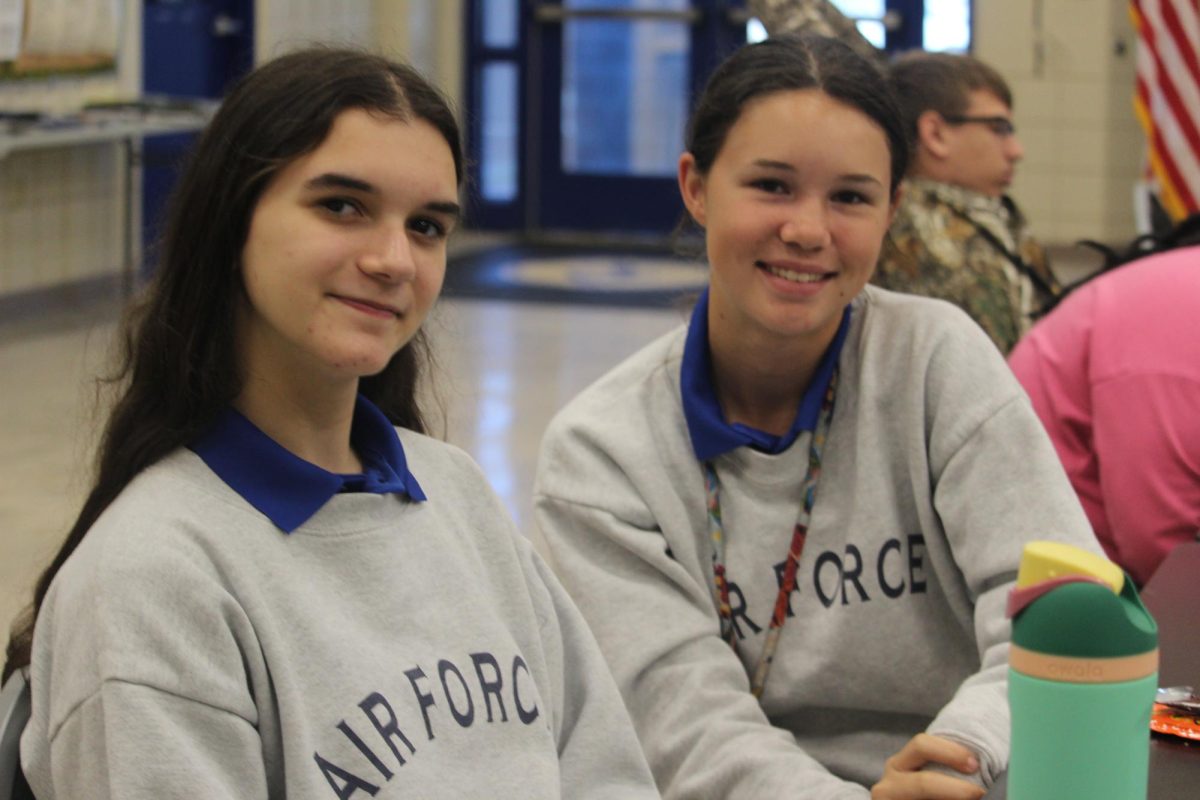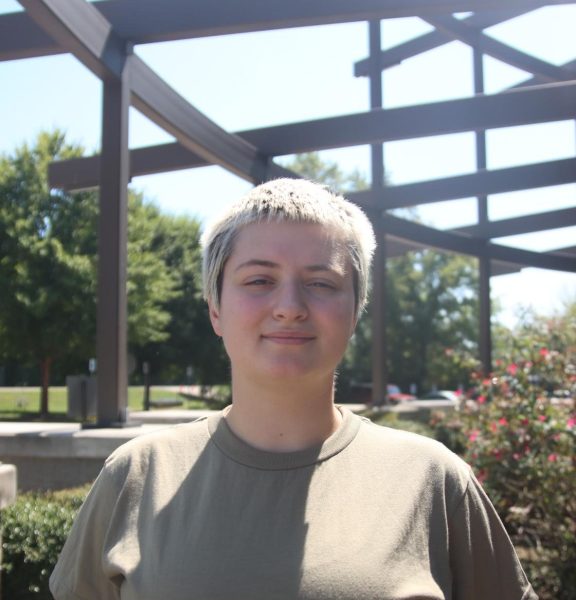“Not Our Generation:” Eastern Culture Club Challenges Stereotypes
September 20, 2015

Chinese lanterns, milk tea and the destruction of cultural stereotypes: Welcome to the Eastern Culture Club.
Senior Wenjie Zhu, founder and president, and senior Sharayah Wallace, vice president, hope to focus on pop culture to influence people to join. They will discuss common interests such as K-Pop, a genre of Korean music, trendy Eastern style and anime.
“[We want] to introduce trending culture more than boring traditional Chinese culture,” Zhu said.
To keep people interested, the club has several upcoming events. The closest is the Mid-Autumn Festival, which takes place Sunday, Sept. 27. The club plans to celebrate by eating mooncakes and releasing lanterns after dark.
“The club plans on getting more acquainted with the Eastern culture,” Wallace said. “We want to do a lot of festivals and parties that would happen over in China.”
One of the focuses of the club is to put an end to stereotypes associated with eastern Asia.
“[We want to] change stereotypes of communism and tied feet,” Zhu said. “[It’s] not our generation.”

The club meets at 7:30 a.m. the first and third Monday of every month in Megan Calvillo’s room, 10-328. The first club meeting was Sept. 8, where students got to practice writing the word “autumn” in calligraphy and try a Chinese drink called milk tea, which consists of mint, Oreo powder and cream.
“We just want to make [the club] fun with their food, their music and their calligraphy,” Wallace said.
Junior David Fulton has a different spin on what he would like to learn in the club.
“I’m very interested in the politics of Asia and the contemporary history of Asia from the early 20th century to now,” Fulton said.
Fulton, a friend of Zhu’s, helped her start up the club.
“Wenjie asked me if I [was] interested in helping out with her starting this club, and I was like ‘Yeah, I would do it’,” Fulton said. “I’m kind of interested in what she’s doing with [the club] now.”
The club is very personal to Zhu, who spent her childhood until the age of 14 in China. She hopes she can help students understand the cultural differences in a new light.
“I want people to experience the culture as if they were in Asia,” Zhu said. “I want them to be able to touch [the culture].”


